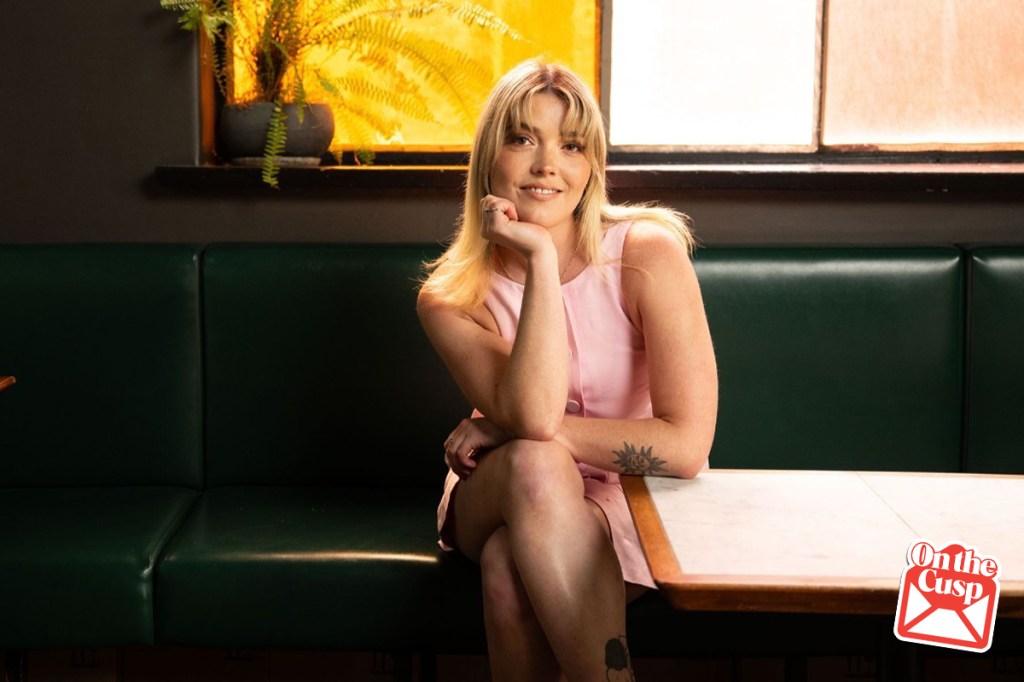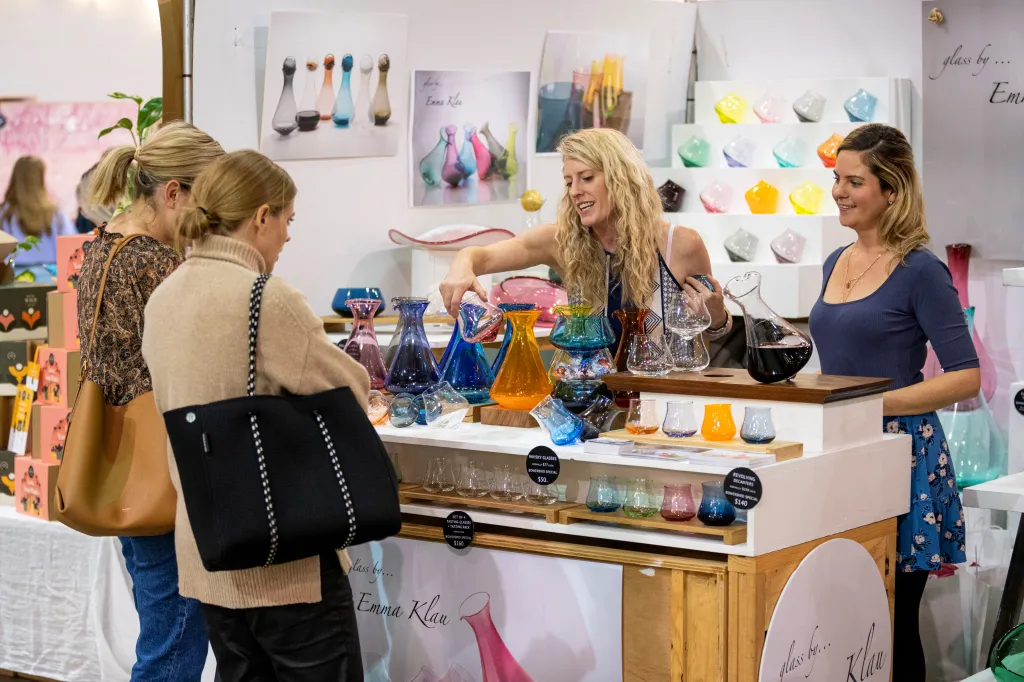When shame changes sides: What we can learn from the Gisèle Pelicot case

In December, 51 men were found guilty of the rape of 72-year-old French woman Gisèle Pelicot. Our resident sexologist writes what this reveals about a culture of sexual violence. Content warning: this story contains details of sexual abuse.
The conviction of Dominique Pelicot and 50 of his accomplices is a harrowing testament to the pervasive culture of sexual violence that exists not in the shadows, but right in the heart of our communities.
Over ten agonising years, Gisèle Pelicot was drugged and raped by dozens of men while unconscious, crimes orchestrated by her own husband. The case has shocked the world, but it has also revealed devastating truths about male violence, systemic failure and societal complicity.

Gisele Pelicot with her grandson (left) and her lawyer Stephane Babonneau addressing the press after the announcement of the verdict in Avignon, France on December 19, 2024. This picture: Laurent Coust/via AAP
Dominique Pelicot and 50 others were all found guilty of rape or sexual assault after a three-and-a-half-month trial. A statement from the public prosecutor confirmed 17 would appeal against their convictions. Dominique Pelicot, who was jailed for a maximum of 20 years last month, will not appeal against his conviction, his lawyer has said.
This is not a story about monsters; it’s a story about ordinary men. Among the 51 convicted rapists were firefighters, soldiers, journalists, nurses and security guards.
One man even arrived at the Pelicot household to commit his crime on the night his own daughter was born. This ordinariness is what makes the story so chilling. It forces us to confront the uncomfortable reality that rapists are not outliers; they are husbands, neighbours and colleagues.
In Australia, the statistics paint an equally grim picture.
You might like
The Australian Bureau of Statistics’ 2016 Personal Safety Survey revealed that almost 2 million Australian adults have experienced at least one sexual assault since the age of 15. One in six women and one in 25 men have been victims. Of the women assaulted in the last decade, 639,000 knew their perpetrator personally.
Eight out of 10 women who endure sexual violence in Australia are attacked by someone they know.
The idea that we are safest in our own homes feels like a hollow myth in light of Gisèle’s story. Her case lays bare a truth many women already know; often, it is the people closest to us who betray us the most.
One of the most haunting details of Gisèle Pelicot’s ordeal is the online chatroom her husband used to orchestrate her rapes, a chatroom with thousands of members from a multitude of different countries. Thousands of men viewed Pelicot’s posts requesting rapists for his wife, yet not one spoke out. Not one man reported it.
It wasn’t just the men who actively participated who were culpable; it was also the silent majority who stood by, watched, and did nothing. Among them were men who expressed admiration for Pelicot and his crimes, men who admitted they were tempted but ultimately chose not to participate. But even these men, after considering the unthinkable, opted not to intervene.
This is the insidious nature of rape culture. It thrives not only because of those who commit violence but also because of those who look the other way. Gisèle Pelicot’s bravery in bringing her story to light has forced a reckoning. It’s a stark reminder that the violence women face is not the work of lunatics, it is embedded within the fabric of society.

Activists of the feminist group NousToutes with placards outside the Louvre that read, “Beware of good fathers” (left) and “Survivors fighting together” (right) after the landmark trial in Paris. This picture: AP Photo/Thomas Padilla.
While Dominique Pelicot and his accomplices have been convicted, the systems that allowed this to happen remain intact.
Subscribe for updates
The grim reality is that Australia is not immune to these issues. Rape culture exists here too. It’s woven into our institutions, our media and our homes.
The silence of men in Pelicot’s chatroom mirrors the silence of too many people in real life. It’s the silence of bystanders who witness harassment in workplaces, of friends who excuse predatory behaviour, and of systems that fail to hold perpetrators accountable.
When only 14 out of every 100,000 Australians are convicted of sexual assault, it’s clear the system isn’t just broken, it’s complicit.
Women are often told to stay silent about their experiences, to avoid making waves, and to endure their trauma quietly. The result? A society where victims are shamed, silenced and ignored while perpetrators walk free.
Gisèle Pelicot’s case has done something remarkable:It has made shame change sides.
Her courage has forced us to confront the fact that sexual violence is a daily reality, not a distant concept. It has made us question the systems that allow men like Dominique Pelicot to thrive while women like Gisèle are left to rebuild their shattered lives.
This is not just about male violence; it’s about the culture that facilitates it. It’s about the jokes that trivialise rape, the unsolicited sexual comments, the groping, the harassment, the inequality in workplaces, the victim blaming and the lack of proper reporting structures.
It’s about the systems that disguise, excuse, and enable abuse at every level. If you’re feeling uncomfortable reading this, you should be. Because this isn’t just a story about France. It’s a story about us, about Australia, about every society that allows rape culture to fester.
What can we do?
First, we must speak out.
Silence is complicity, and the only way to dismantle rape culture is to challenge it whenever we see it. Second, we need to demand better systems. Better education about consent, better support for survivors, and better accountability for perpetrators.
Most importantly, we need men to step up.
Not just by not perpetrating sexual violence but by actively challenging the behaviour of their peers. If you see something, say something. If you hear a joke about sexual violence, call it out. If someone you know is crossing a line, intervene.
Gisèle’s story is a tragedy, but it’s also a wake-up call. It’s time for all of us, women, men, everyone, to take responsibility for the world we’re creating. Because as long as silence prevails, so will violence. Let Gisèle’s courage inspire us to act. Let her bravery remind us that shame can, and should, change sides.
On The Cusp is supported by Adult Bliss Erotica, find out more about their range to support your sexual health and wellness via their website. Read the entire back catalogue of On the Cusp here.

